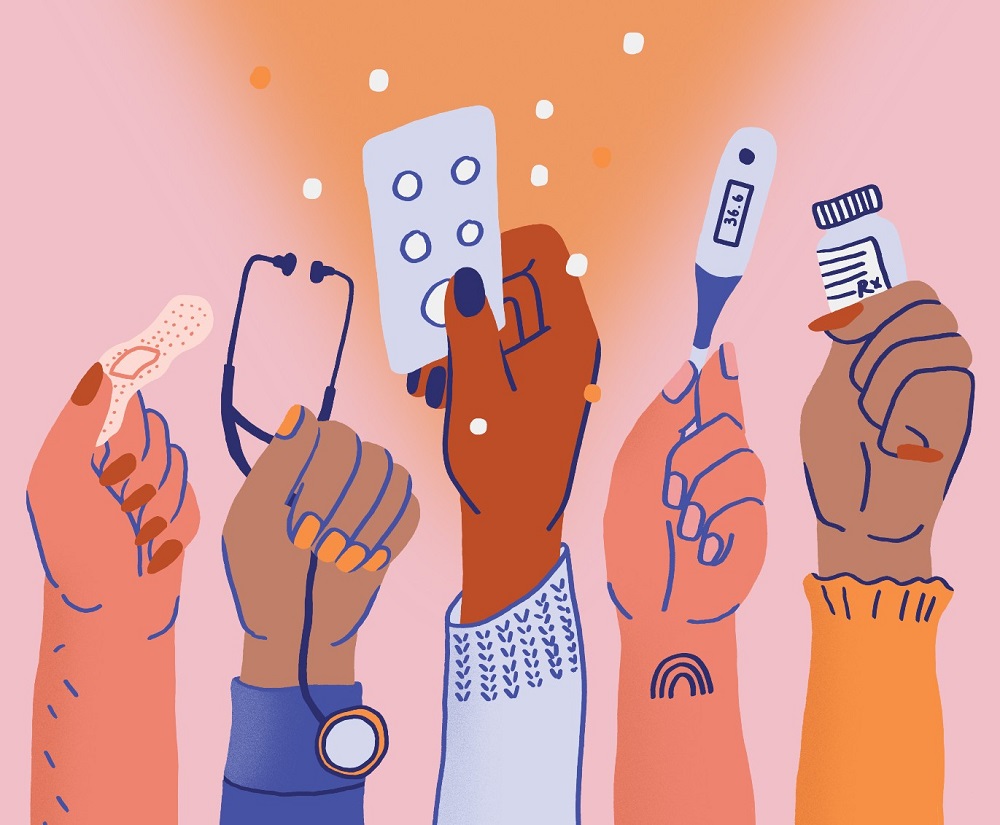Almost every young person has heard about SRH, and certainly, every Rwandan student who got a chance to study Biology has had a lesson named Reproductive Health. Alas, the topic seems offensive, ranging from the teacher to the students. Many don’t give it enough time as intended, others get over it and skip some points, which results in being unaware.
SRHR stands for Sexual and Reproductive Health and Rights. The subject encompasses a wide range of issues related to sexual health, reproductive health, and the rights associated with them. It mainly includes access to comprehensive sexual education, family planning, contraception, safe abortion services, prevention and treatment of sexually transmitted infections, maternal health care, and the right to make informed decisions about one’s own body and reproductive choices.
SRHR promotes the well-being and autonomy of individuals in matters related to their sexual and reproductive health.
Youth need to be aware of SRHR because it empowers them to make informed decisions about their sexual and reproductive health. It helps them understand their rights, access essential services, and protect themselves from potential risks.
Being aware of SRHR promotes healthy relationships, prevents unintended pregnancies, reduces the spread of sexually transmitted infections, and ensures that young people have the knowledge and resources to make choices that align with their values and aspirations.
Raising awareness of SRHR is crucial because it helps youth understand their rights and access essential services. It promotes inclusivity and reduces stigma. By raising awareness, we can break down barriers, promote gender equality, and ensure that everyone has the knowledge and resources to lead healthy and fulfilling lives.
Sometimes, youth may ignore SRHR due to a lack of awareness, cultural taboos, or limited access to information and services. It’s important that youth get safe spaces, get comprehensive education, and address misconceptions to encourage youth to prioritize their sexual and reproductive health.
Not knowing about SRHR can have negative impacts on young individuals and communities in general. It may lead to unintended pregnancies, unsafe abortions, the spread of sexually transmitted infections, and limited access to necessary healthcare services. A lack of knowledge about SRHR can also perpetuate gender inequality and hinder individuals from making informed decisions about their own bodies and reproductive choices.


